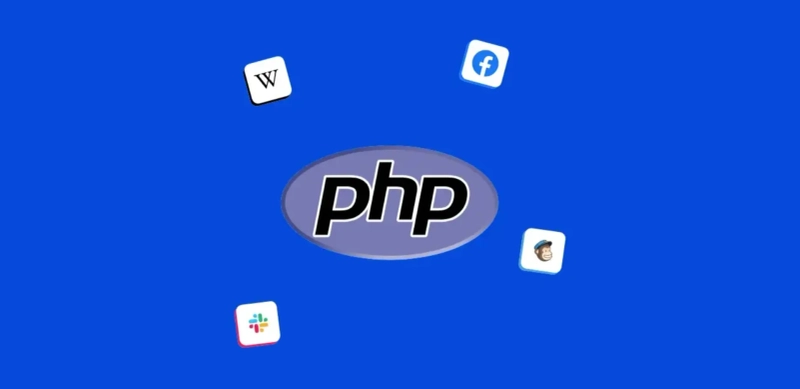Introduction: When it comes to web development, choosing the right programming language and framework is crucial. PHP, as a versatile scripting language, has been a staple in web development for decades. However, with the emergence of powerful frameworks like Laravel, developers are presented with a compelling alternative. In this blog post, we'll delve into the strengths and use cases of both PHP and Laravel, with a special focus on the latest release, PHP 8.3.
Understanding PHP: PHP, or Hypertext Preprocessor, is an open-source server-side scripting language designed for web development. Known for its simplicity and platform independence, PHP is a go-to choice for building dynamic web applications. With a large and active community, PHP offers extensive libraries and resources, making it a versatile tool for developers of all levels.
The Rise of Laravel: Laravel, on the other hand, is a robust PHP framework that has gained immense popularity in recent years. It provides a structured, elegant syntax along with a plethora of pre-built functions and packages. Laravel simplifies complex tasks such as routing, authentication, and caching, allowing developers to focus on building high-quality applications. Its Model-View-Controller (MVC) architecture ensures clean and organized code.
PHP 8.3: The Latest Advancement: With the release of PHP 8.3, the language has seen notable improvements in performance, syntax, and features. The latest version introduces enhancements in attributes, enabling developers to add metadata to declarations in a more concise and expressive manner. Additionally, the Just-in-Time (JIT) compiler, introduced in PHP 8.0, has been refined for even greater speed and efficiency.
Comparing PHP and Laravel:
Development Speed: PHP is known for its rapid development capabilities. However, Laravel further accelerates development with its intuitive syntax, pre-built modules, and powerful features like Artisan, a command-line interface.
Scalability: Both PHP and Laravel are highly scalable. With proper architecture and design patterns, applications built on these technologies can handle substantial growth in user traffic and data.
Community and Support: PHP boasts a massive and active community, providing a wealth of resources, tutorials, and forums. Laravel, although younger, has gained a dedicated following and offers extensive documentation.
Security: Both PHP and Laravel have robust security features. However, Laravel provides additional layers of security through features like CSRF protection, encryption, and authentication scaffolding.
Conclusion: In the PHP vs Laravel debate, there is no one-size-fits-all answer. It ultimately depends on the specific requirements of your project. For rapid development and versatility, PHP remains a powerful choice. On the other hand, if you seek a structured framework with elegant syntax, Laravel is a compelling option. With the introduction of PHP 8.3, developers can expect even greater performance and functionality. As the web development landscape continues to evolve, both PHP and Laravel will undoubtedly play significant roles in shaping its future.


